


Books in series

Thailand's Secret War
OSS, SOE and the Free Thai Underground During World War II
2004

Victory through Coalition
Britain and France during the First World War
2005

Arms, Economics and British Strategy
From Dreadnoughts to Hydrogen Bombs
2007

The Foundations of British Maritime Ascendancy
Resources, Logistics and the State, 1755–1815
2010

The Making of the Modern Admiralty
British Naval Policy-Making, 1805–1927
2011

Combat and Morale in the North African Campaign
The Eighth Army and the Path to El Alamein
2011

Foch in Command
The Forging of a First World War General
2011

Bombing the People
Giulio Douhet and the Foundations of Air-Power Strategy, 1884–1939
2013

The Indian Army on the Western Front
India's Expeditionary Force to France and Belgium in the First World War
2014

Reporting the First World War
Charles Repington, The Times and the Great War
2015

Morale and the Italian Army during the First World War
2016

Communications and British Operations on the Western Front, 1914-1918
2017
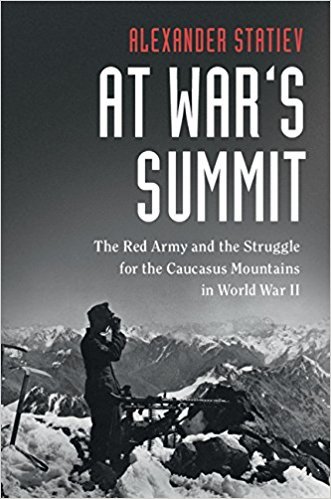
At War's Summit
The Red Army and the Struggle for the Caucasus Mountains in World War II
2018
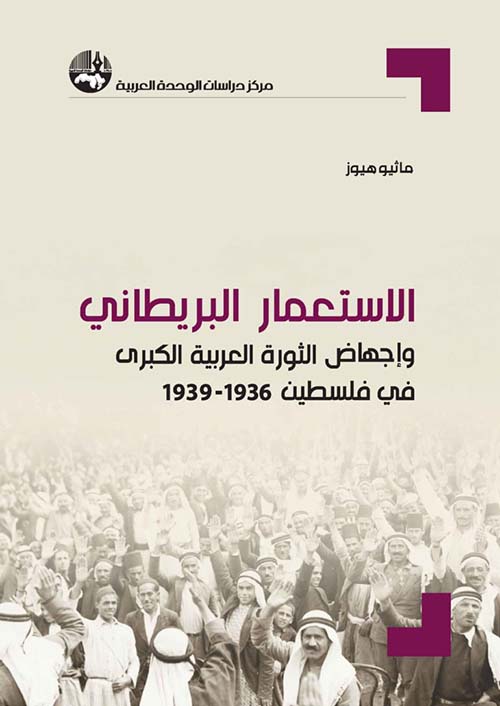
الاستعمار البريطاني وإجهاض الثورة العربية الكبرى في فلسطين، 1936-1939
2019
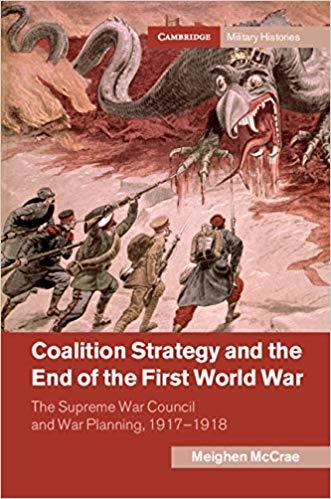
Coalition Strategy and the End of the First World War
The Supreme War Council and War Planning, 1917–1918
2019
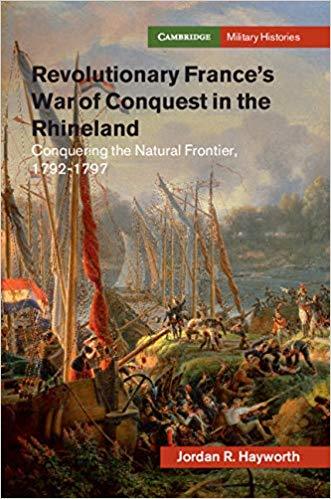
Revolutionary France's War of Conquest in the Rhineland
Conquering the Natural Frontier, 1792-1797
2019
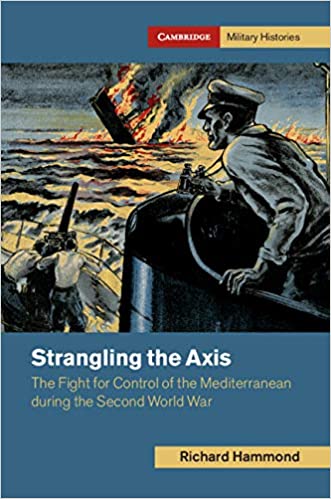
Strangling the Axis
The Fight for Control of the Mediterranean during the Second World War
2020
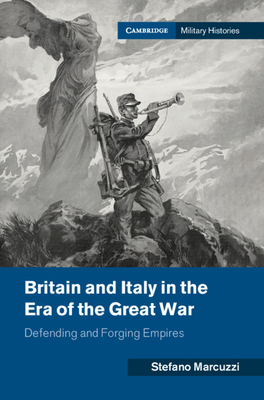
Britain and Italy in the Era of the Great War
Defending and Forging Empires
2020
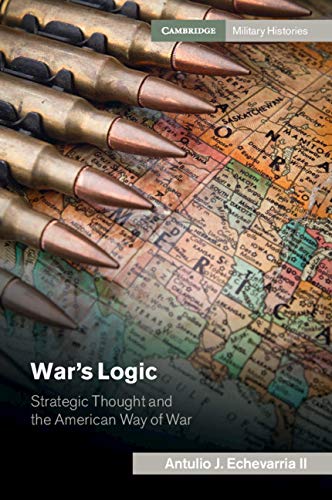
War's Logic
Strategic Thought and the American Way of War
2021
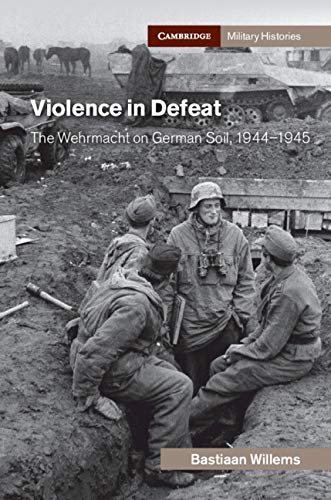
Violence in Defeat
The Wehrmacht on German Soil, 1944–1945
2021
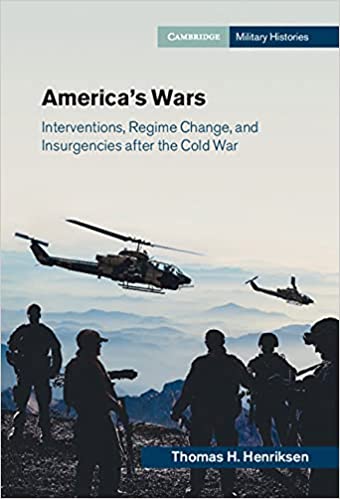
America's Wars
Interventions, Regime Change, and Insurgencies after the Cold War
2022
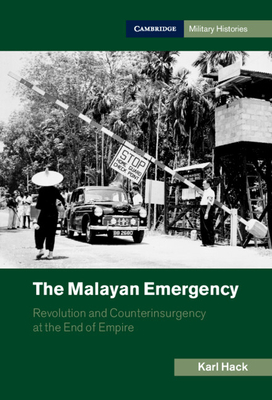
The Malayan Emergency
Revolution and Counterinsurgency at the End of Empire
2022
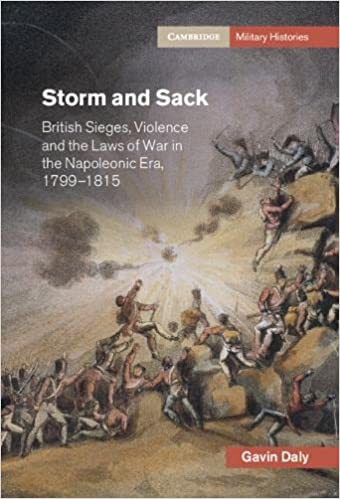
Storm and Sack
British Sieges, Violence and the Laws of War in the Napoleonic Era, 1799–1815
2022
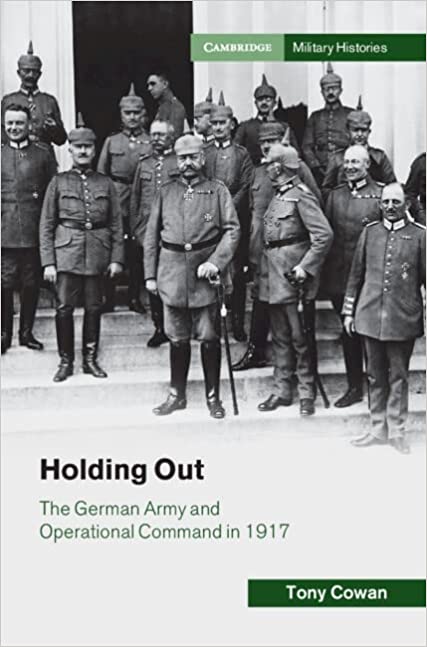
Holding Out
The German Army and Operational Command in 1917
2023
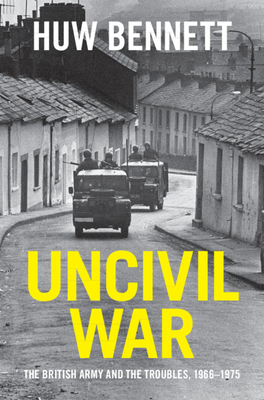
Uncivil War
The British Army and the Troubles, 1966–1975
2023
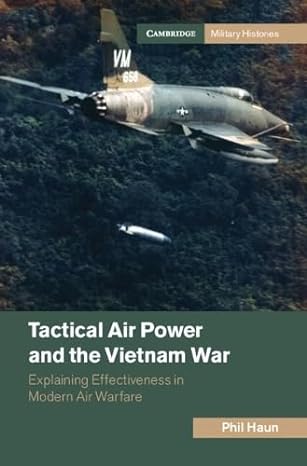
Tactical Air Power and the Vietnam War
Explaining Effectiveness in Modern Air Warfare
2024
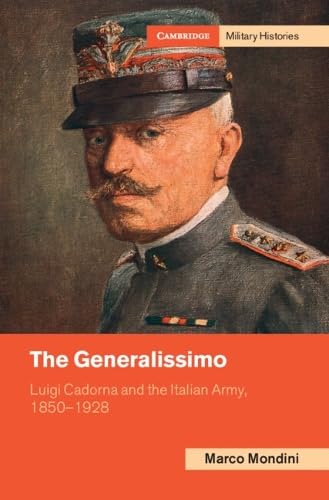
The Generalissimo
Luigi Cadorna and the Italian Army, 1850–1928
2025
Authors
Dr Matthew Hughes is Professor of Military History at Brunel University London, in England. Hughes studied at the School of Oriental and African Studies and at the London School of Economics. He completed his ESRC-funded PhD in 1995 under the supervision of Professors Brian Bond and Brian Holden Reid in the Department of War Studies, King’s College London on the strategy surrounding the British campaign in Palestine in the First World War in Palestine. He has a PGCE in History from Cardiff University. After working as an intern with the International Institute for Strategic Studies, Professor Hughes lectured at the universities of Northampton and Salford before coming to Brunel University in 2005. Professor Hughes has been a British Academy funded visiting fellow at the American University in Cairo, the American University in Beirut, and at Tel Aviv University. He spent two years as the Marine Corps University Foundation-funded Maj-Gen Matthew C. Horner Distinguished Chair in Military Theory at the US Marine Corps University, Quantico, 2008-10. His latest monograph on British counter-insurgency in Palestine in the 1930s entitled Britain's Pacification of Palestine: the British Army, the Colonial State, and the Arab Revolt, 1936-1939 (2019) was published with Cambridge University Press. He was the editor of the Journal of the Society for Army Historical Research (2004-8). He is a Fellow of the Royal Historical Society, a former Chair of Council of the Army Records Society (2014-18), and is a judge for the Society for Army Historical Research's annual Templer Medal prize (2003-4, 2007-8, 2018-). He sits on the editorial boards of the British Journal of Military History and Middle Eastern Studies and is a judge for the latter's annual Elie Kedourie prize. He is currently an external examiner for the Higher Diploma awarded by Maynooth University to the Junior Command and Staff Course with the Military College, Irish Defence Forces, and a Visiting Lecturer and examiner at the University of Buckingham.
